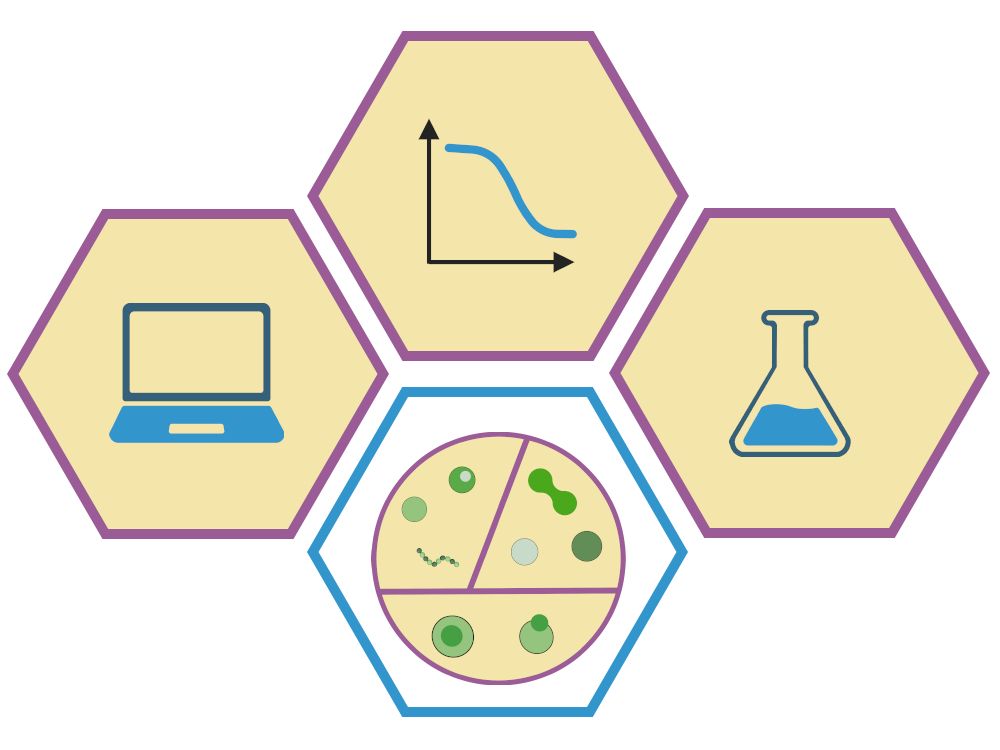So excited for #BiophysicsWeek2025! Join the festivities on Thursday, March 27 for some fascinating talks in IDPSeminars 🥳
19.03.2025 03:22 — 👍 5 🔁 0 💬 3 📌 0

This summer in beautiful Santa Barbara we will run a 3-day conference on “Biological Physics of Biomolecular Condensates: Bridging Theory and Experiment” June 16 to 18th. Register now: www.kitp.ucsb.edu/activities/b...
12.03.2025 15:58 — 👍 20 🔁 12 💬 0 📌 0
Mpipi-T provides new insights into proteins that phase separate under heat stress—key for understanding disease, climate adaptation, and materials design. 🌎 (3/4)
06.03.2025 20:43 — 👍 2 🔁 0 💬 1 📌 0
We developed Mpipi-T, a coarse-grained model that predicts thermoresponsive phase behavior of proteins with quantitative accuracy. It captures both UCST (low temp) and LCST (high temp) phase separation. 🔬 (2/4)
06.03.2025 20:43 — 👍 2 🔁 0 💬 1 📌 0
Cells have evolved to adapt to changing environments to maintain homeostasis. Can we predict how temperature affects protein phase separation? 🌡️ (1/4)
06.03.2025 20:42 — 👍 8 🔁 0 💬 2 📌 1

